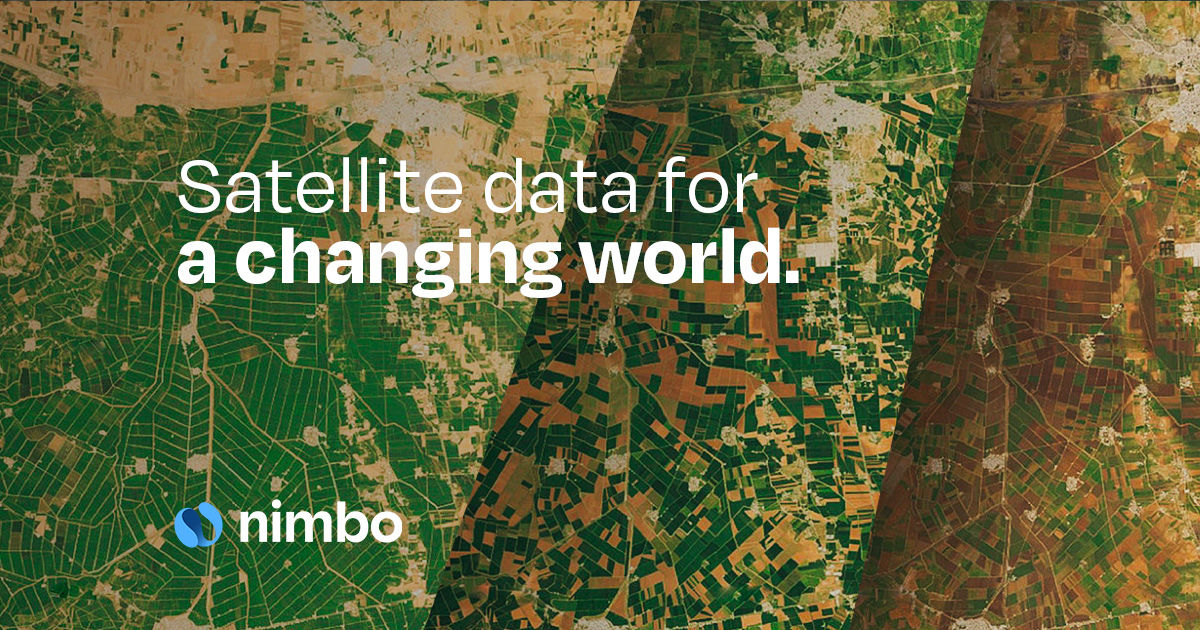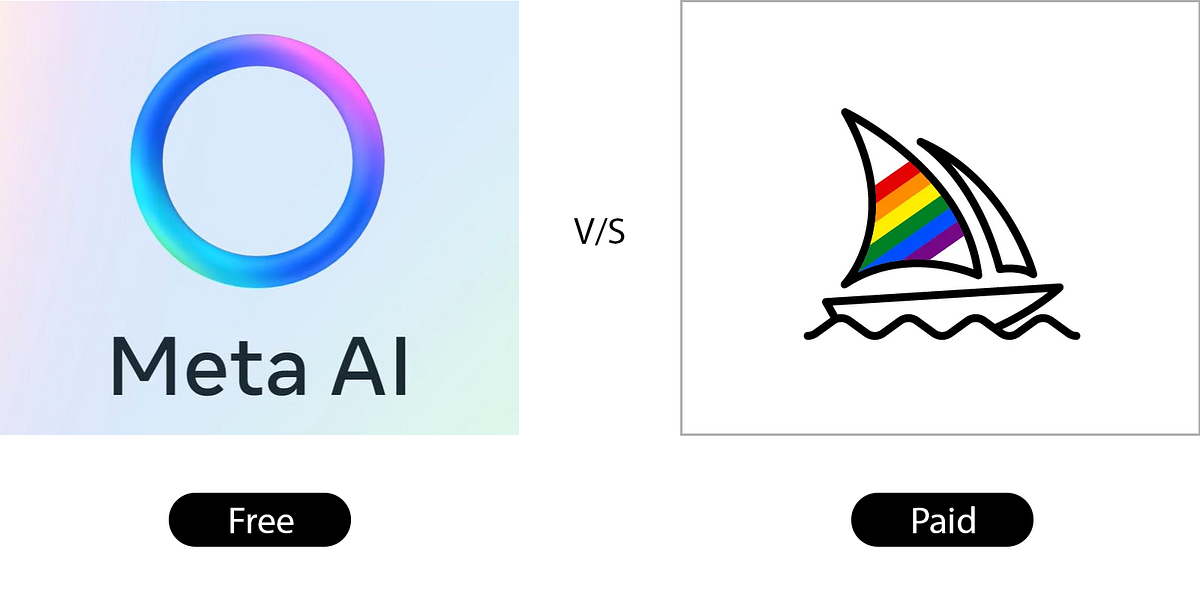Cal Newport's Study Hacks: Productivity and Remote Working
Early in the pandemic, I wrote a big piece for the New Yorker about the potential implications of our sudden shift to remote work. One of my predictions was that the shortcomings of the largely improvisational and informal methods by which we currently organize knowledge work — what I call “the hyperactive hive mind” — would be exaggerated by this shift, leading to even more overload:
“In such a chaotic work environment, there are profound advantages to gathering people together in one place. In person, for instance, the social cost of asking someone to take on a task is amplified; this friction gives colleagues reason to be thoughtful about the number of tasks they pass off to others…In other ways, meanwhile, offices can be helpfully frictionless. Drawn-out e-mail conversations can be cut short with just a few minutes of spontaneous hallway conversation. When we work remotely, this kind of ad-hoc coördination becomes harder to organize, and decisions start to drag.”
New research supports this prediction. A working paper recently published by a group of respected economists from the University of Chicago carefully studies a group of over 10,000 IT professionals to assess the impact of pandemic-induced remote work.
Leave a Comment
Related Posts

A Single-Mother, Self-Taught Software Developer Living With Mental Illness Raises Concerns Over Apple’s Limited Remote-Work Policy
Comment










/cdn.vox-cdn.com/uploads/chorus_asset/file/25336775/STK051_TIKTOKBAN_CVirginia_D.jpg)











